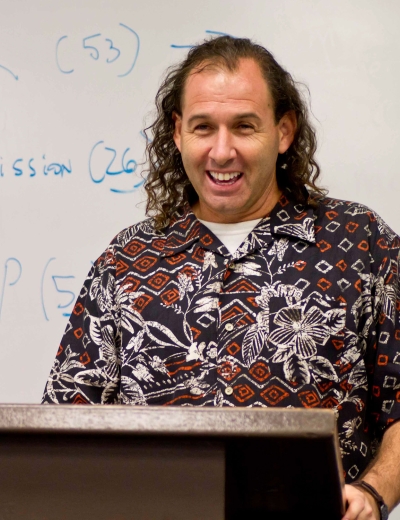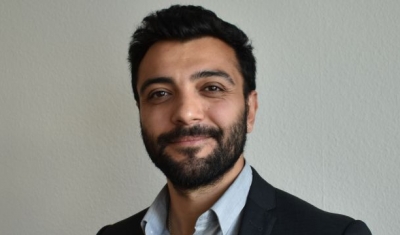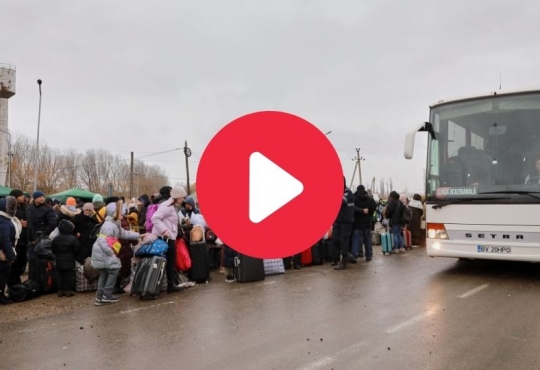Localizing International Human Rights


Adobe
Local and Regional Governments (LRGs) are at the forefront of implementing Sustainable Development Goals (SDGs) and fulfilling human rights obligations for their residents, despite the fact that, oftentimes, these commitments are undertaken without local and regional level consultations.
Yet, despite their central role for ensuring the localization of the SDGs and the realization of human rights, many LRGs lack the necessary tools and knowledge to fully understand and implement these obligations and commitments, significantly curtailing their mandates as a fundamental level of government. Being the closest level to communities, LRGs are uniquely positioned to address inequalities, enhance access to essential public services, and promote inclusive, participatory decision-making.
Modern multilateralism offers invaluable opportunities for LRGs by providing access to practical tools and fostering both horizontal exchanges among peers and vertical collaborations with national governments and UN bodies. To this end, LRGs can take advantage of critical instruments and processes, such as contributing to Voluntary National Reviews (VNRs), drafting their own Voluntary Local Reviews (VLRs) and Voluntary Subnational Reviews (VSRs), and leveraging Universal Periodic Review (UPR) reports.
By engaging with these mechanisms, LRGs can monitor SDG implementation, identify gaps, and adapt local policies accordingly. In this context, the intersection between human rights and the SDGs is fundamental—SDGs cannot be fully realized without the protection of human rights, and human rights mechanisms serve as essential tools for tracking progress of SDGs.
Beginning with the localization of the SDGs, the course will highlight their intrinsic connection to human rights and demonstrate how UN human rights mechanisms can offer concrete tools and entry points for realizing the SDGs at the local level, along with effective monitoring and reporting procedures. The training aims to empower representatives of city and regional governments with the tools to fulfil their governmental mandates and ensure the realization of SDGs and human rights at the local level.
This training will be organized jointly with the Global Cities Hub, and be linked to the UN Forum of Mayors, held under the auspices of UNECE.
In Geneva
The course can be followed in person in Geneva.
Objectives
At the end of this course, participants will be:
- Having a better knowledge on multilateral (United Nations and regional) negotiations and bodies of interest to Local and regional governments
- Understanding the issue of SDGs localization and the interlinkages between SDGs and human rights
- Understanding the UN human rights standards and mechanisms that form the UN human rights system
- Understanding how to access international human rights bodies to promote local human rights issues
- Developing an understanding of how the United Nations system can interact with LRGs
Methodology
The course will be conducted in a participatory mode with a combination of illustrated lectures (using power points and short videos) and group exercises aimed at understanding how best to access the UN human rights system.
Access to a Dedicated Community Platform
All participants in our training course have access – ahead, during and following their course – to a dedicated community platform (on Mighty Network). This community brings together all the participants to our courses who have unlimited access to the training materials and resources shared during their course and can exchange with all the alumni of the Geneva Human Rights Platform Training Hub.
Audience
This training course, specifically designed for representatives of city and regional governments (mayors and/or high officials such as heads of international relations, cooperation etc), representative of city networks and LRGs oriented civil society, researchers and academia.
The language of instruction during the training is English. All candidates must possess a level of proficiency in English that enables them to actively participate in the training.
Certification
Participants who successfully complete the training course receive a certificate of participation from the Geneva Academy.
Fee
The training fee for this three-day programme is 1’100 Swiss Francs Swiss Francs and includes tuition costs, course materials, 3 lunches, and refreshments during coffee breaks.
All participants are responsible for their own travel costs to Geneva, including Swiss visa fees and evening meals (plan approximately 30 Swiss Francs per meal).
Discount for PhD and Master Students
There is a 30 percent discount for PhD and master students in relevant fields.
Payment
The fee is payable as soon as your place has been confirmed. As places on the training course are limited, participation can only be secured through the payment of the fee. In case of cancellation by the participant, CHF 200 will not be returned.
How to Apply
Applications must be submitted via this online application form.
Admission decisions for our training courses are made by our experienced lead trainers. They carefully evaluate each application and may offer acceptance, conditional acceptance, placement on a waiting list, or, in some cases, may need to decline the application.
If you have questions, do not hesitate to contact us: traininghub[at]geneva-academy.ch











